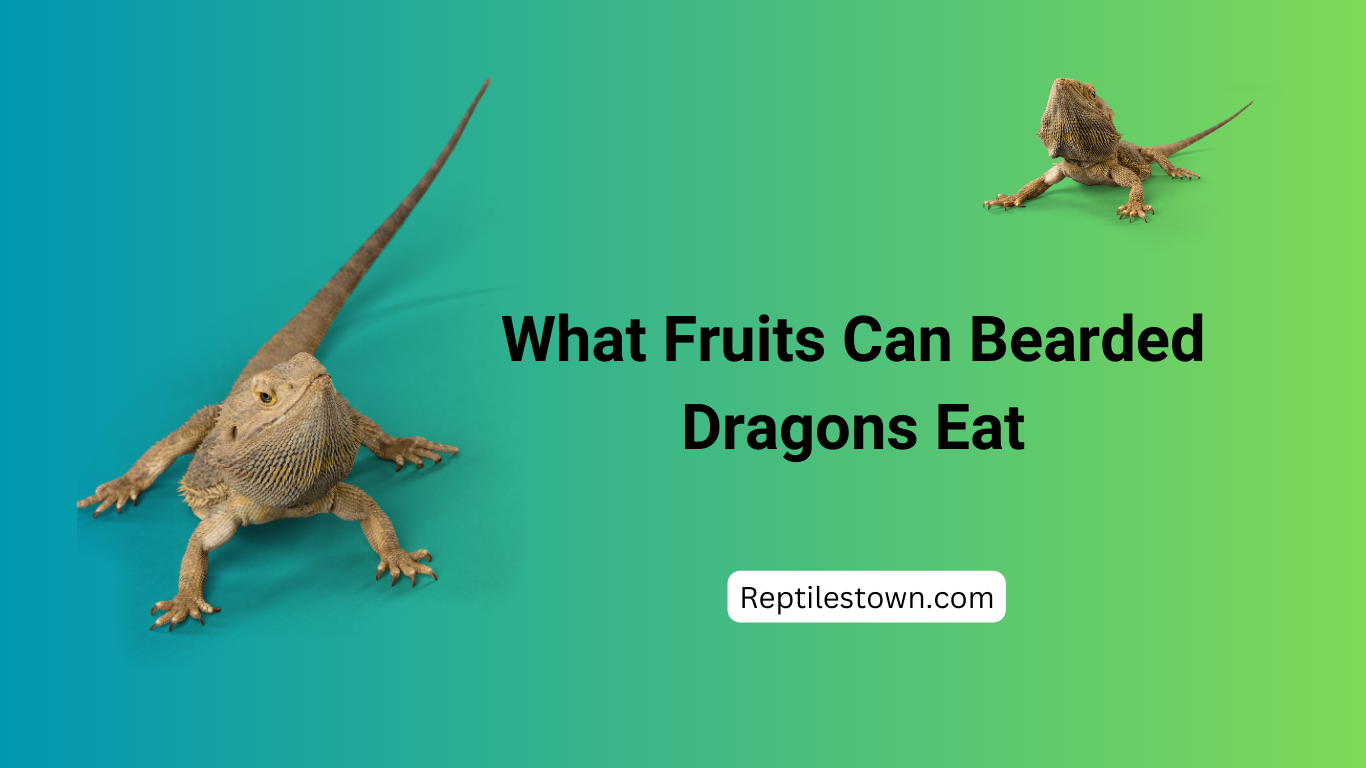Bearded dragons are fascinating reptiles that have become increasingly popular as pets due to their unique appearance and friendly personalities. These reptiles are omnivores, meaning they consume plants and small animals in their natural habitat.
In captivity, bearded dragons can be fed a variety of fruits as a supplement to their regular diet of vegetables and insects. However, not all fruits are suitable for these pets, and it’s important to understand which fruits are safe and nutritious for bearded dragons.
This article will discuss the different fruits that bearded dragons can eat and the frequency and amount of each type that should be given. So, what fruits can bearded dragons eat?
What Fruits Can Bearded Dragons Eat?
Here’s a list of safe fruits for bearded dragons to eat.
1. Apples
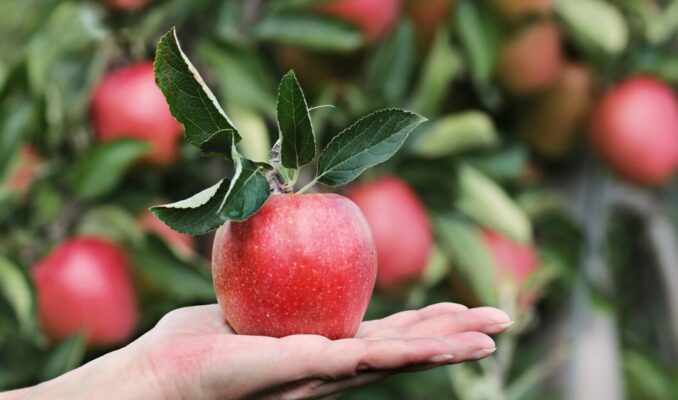
Apples are a nutritious fruit that can be an excellent source of vitamins and fiber for bearded dragons. They are also a great source of antioxidants and can help support the pet’s immune system.However, it’s important to peel the apple before offering it to the pet, as the skin can be tough for them to digest. Apples can be fed to bearded dragons once a week as a treat but should not make up a significant portion of their diet.
2. Bananas
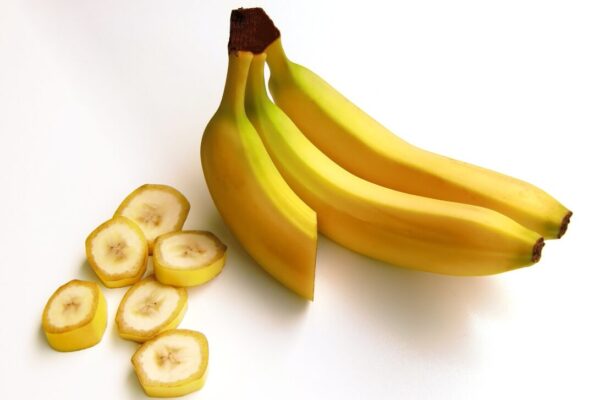
Bananas are a popular fruit for reptiles, including bearded dragons. They are an excellent source of potassium, which is important for the pet’s overall health and can help regulate fluid levels. Bananas can be offered with or without the peel, but the peel should be removed if it is tough for the pet to eat. Bananas can be given to bearded dragons once or twice a month as a treat, but they should not make up a significant portion of their diet due to their high sugar content.
3. Grapes
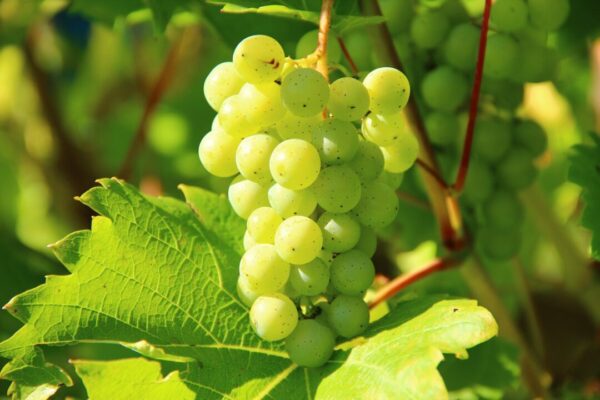
Grapes are a sweet and juicy fruit that can be a great addition to a bearded dragon’s diet. They are high in antioxidants and vitamins, including vitamin C, which can help support the pet’s overall health and immune system. Additionally, grapes are a good source of fiber, which can help maintain the pet’s digestive health. Grapes can be fed to bearded dragons once a week as a treat.
4. Raspberries
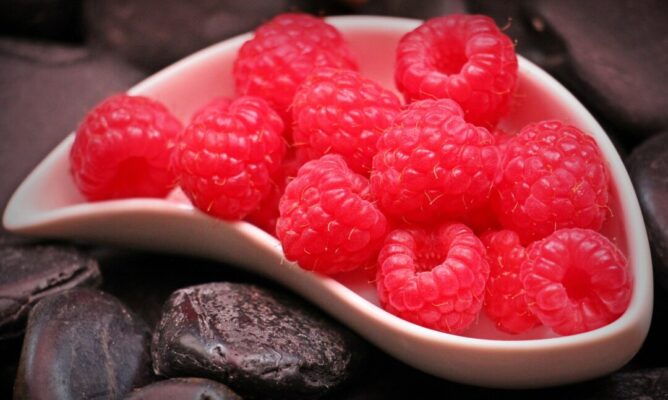
Raspberries are a sweet and juicy fruit that can be a great addition to a bearded dragon’s diet.They are high in vitamins and antioxidants, which can help support the pet’s overall health and immune system. Additionally, raspberries are a good source of fiber, which can help maintain the pet’s digestive health. Raspberries can be given to bearded dragons every few weeks as a treat.
5. Apricot
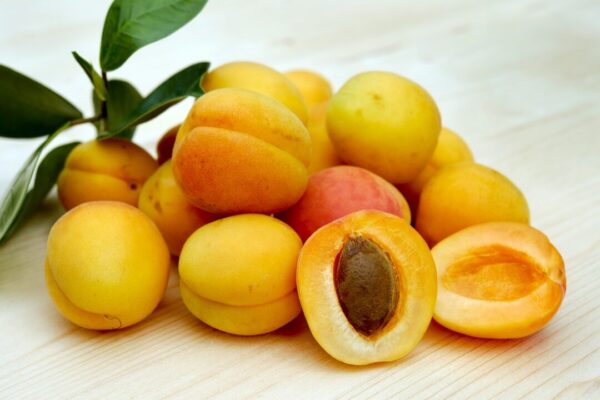
Apricots are a juicy and sweet fruit that can be a great addition to a bearded dragon’s diet. They are high in vitamins A and C, which are important for the pet’s overall health and can help support its immune system. Additionally, apricots are a great source of fiber, which can help maintain the pet’s digestive health. Apricots can be given to bearded dragons every other week as a treat.
6. Cantaloupe
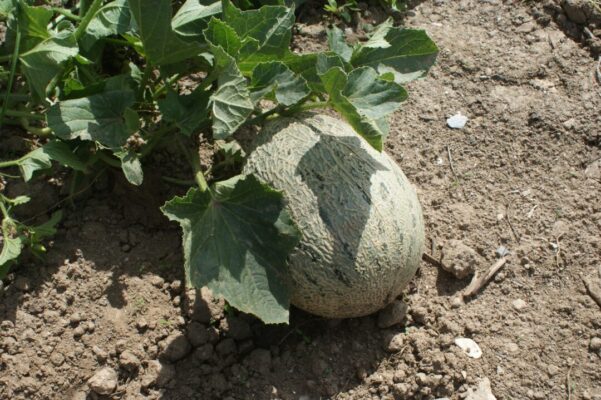
Cantaloupe is a sweet and juicy fruit that can be a great addition to a bearded dragon’s diet. This fruit is high in vitamins A and C, which are important for the pet’s overall health and can help support its immune system. Additionally, cantaloupe is a great source of potassium, which can help regulate the pet’s fluid levels. Cantaloupe can be given to bearded dragons every few weeks as a treat.
7. Blackberries

Blackberries are another sweet fruit that bearded dragons can enjoy. They are high in antioxidants and vitamin C, which can help support the pet’s immune system.Additionally, blackberries are a great source of fiber, which can help maintain the pet’s digestive health. Blackberries can be fed to bearded dragons every other week as a treat.
8. Blueberries
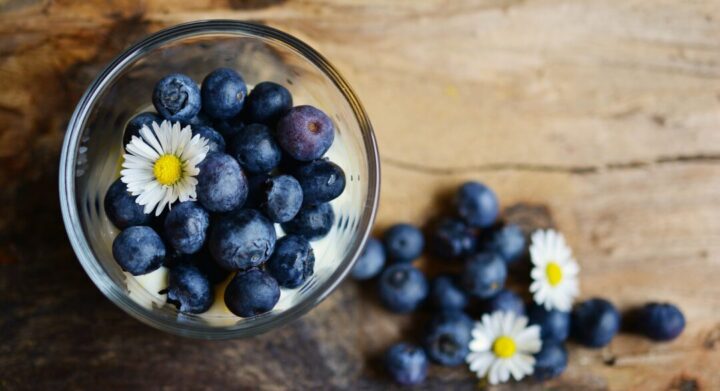
Blueberries are a great fruit for bearded dragons, as they are low in sugar and high in antioxidants and vitamins. They are an excellent source of vitamin C, which can help support the pet’s immune system, and are also high in fiber, which can help maintain the pet’s digestive health. Blueberries can be fed to the pet once a week as a treat.
9. Figs
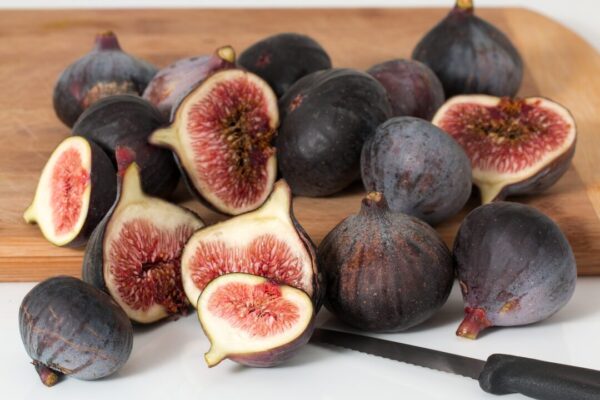
Figs are a sweet fruit that can be a great addition to a bearded dragon’s diet. They are high in antioxidants and vitamins, including vitamins A and C, which can help support the pet’s overall health and immune system. Additionally, figs are a good source of fiber, which can help maintain the pet’s digestive health.Figs can be given to bearded dragons every other week as a treat.
10. Strawberries
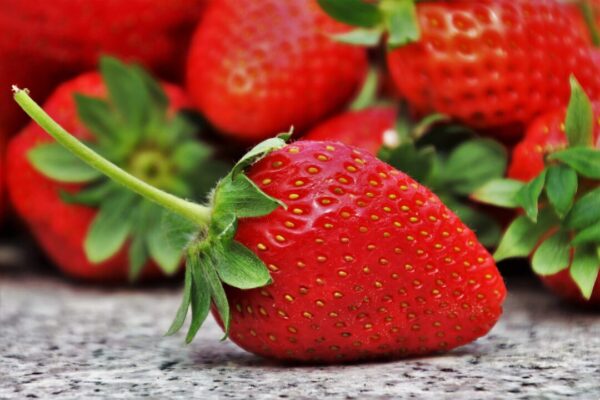
Strawberries are a sweet and juicy fruit that can be a great addition to a bearded dragon’s diet.They are high in vitamins and antioxidants, including vitamins C and B9, which can help support the pet’s overall health and immune system. Additionally, strawberries are a good source of fiber, which can help maintain the pet’s digestive health. Strawberries can be given to bearded dragons once a week as a treat.
11. Guava

Guava is a sweet fruit high in vitamins and antioxidants, making it a great addition to a bearded dragon’s diet. It is an excellent source of vitamin C, which can help support the pet’s immune system, and is also high in fiber, which can help maintain the pet’s digestive health. Guava can be given to bearded dragons once a week as a treat.
12. Kiwi
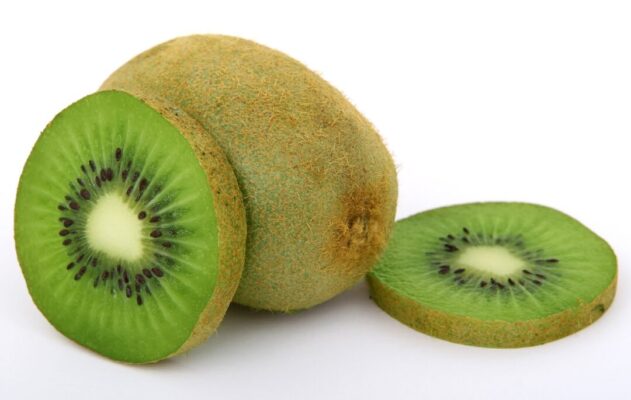
Kiwi is a juicy and sweet fruit that can greatly add to a bearded dragon’s diet. It is high in vitamins and antioxidants, including vitamins C and E, which can help support the pet’s overall health and immune system. However, it’s important to peel the kiwi before offering it to the pet, as the skin can be tough for them to digest. Kiwi can be given to bearded dragons once a month as a treat.
13. Mango

Mango is a sweet and juicy fruit that can be a great addition to a bearded dragon’s diet. It is high in vitamins and antioxidants, including vitamin C, which can help support the pet’s overall health and immune system. Mango can be fed to bearded dragons weekly as a treat.
14. Papaya
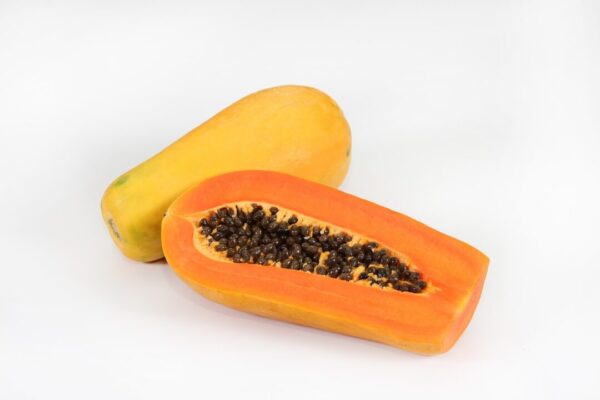
Papaya is a sweet and juicy fruit that can be a great addition to a bearded dragon’s diet.
It is high in vitamins and antioxidants, including vitamin C, which can help support the pet’s overall health and immune system. Additionally, papaya is a good source of fiber, which can help maintain the pet’s digestive health.Papaya can be given to bearded dragons weekly as a treat.
15. Watermelon

Watermelon is a juicy and sweet fruit that can greatly add to a bearded dragon’s diet.
It is high in vitamins and antioxidants, including vitamin C, which can help support the pet’s overall health and immune system. Additionally, watermelon is a good source of hydration, which is important for keeping a bearded dragon’s skin and organs healthy. Watermelon can be given to bearded dragons once a month as a treat.
16. Pears
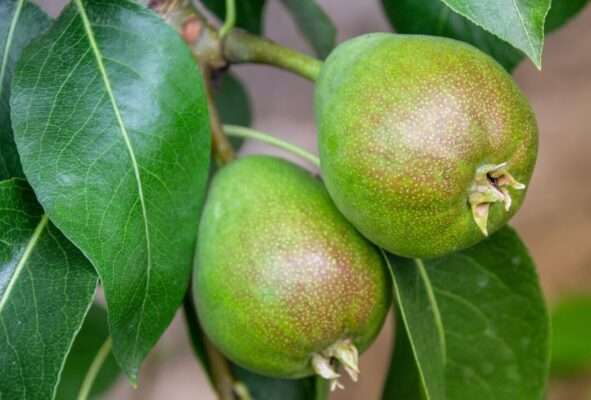
Pears are a sweet fruit that can be fed to bearded dragons very rarely, as they are high in sugar and tough for the pet to digest. It’s important to peel the pear before offering it to the pet, as the skin can be tough for them to digest. Pears can be given to bearded dragons as a treat, but it’s best to do so in moderation.
17. Pineapples

Pineapples are a sweet and juicy fruit that can be a great addition to a bearded dragon’s diet. They are high in vitamins and antioxidants, including vitamin C, which can help support the pet’s overall health and immune system.
Pineapples are also a good source of fiber, which can help maintain the pet’s digestive health.However, it’s important to remember that pineapples are high in sugar, so they should be given to bearded dragons only once a month as a treat.
18. Peaches
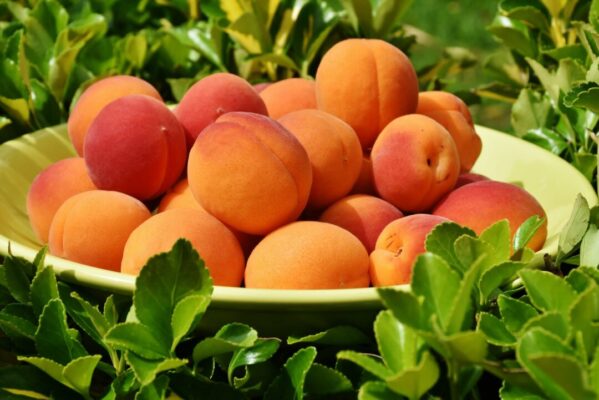
Peaches are a sweet and juicy fruit that can greatly add to a bearded dragon’s diet. They are high in vitamins and antioxidants, including vitamins A and C, which can help support the pet’s overall health and immune system. Peaches can be given to bearded dragons once a week as a treat.
19. Cherries

Cherries are a sweet fruit that can be fed to bearded dragons monthly. They are high in antioxidants and vitamins, but they should not be given too often due to their high sugar content. Cherries can be a great treat for bearded dragons, but it’s important to offer them in moderation to prevent digestive problems.
20. Pomegranates

Pomegranates can be offered as an occasional treat for a bearded dragon.
It is important to note that fruit should only make up a small portion of their diet, as it is high in sugar and can cause digestive upset if fed in large quantities.
FAQS
What are the benefits of feeding fruits to bearded dragons?
Fruits can provide additional nutrients, vitamins, and hydration to a bearded dragon’s diet. They can also offer variety and enrichment to their meals.
Are there any fruits that bearded dragons should avoid?
Yes, some fruits are not suitable for bearded dragons. Avoid feeding them citrus fruits like oranges, lemons, and grapefruits, as they can be too acidic and cause digestive issues. Additionally, avoid feeding them fruits with high oxalate content, like rhubarb and spinach.
Should fruits be the main component of a bearded dragon’s diet?
No, fruits should not be the main component of a bearded dragon’s diet. Their primary diet should consist of insects, such as crickets, mealworms, and dubia roaches, along with dark, leafy greens and vegetables.
How often should I feed fruits to my bearded dragon?
Fruits should be offered as occasional treats and not as a daily staple. It is recommended to feed fruits to bearded dragons once or twice a week at most.
How should fruits be prepared for bearded dragons?
Fruits should be thoroughly washed before feeding them to your bearded dragon to remove any pesticides or dirt. They should be cut into small, bite-sized pieces to prevent choking and facilitate digestion.
Can I feed my bearded dragon dried fruits?
It is generally not recommended to feed dried fruits to bearded dragons. Dried fruits often have a higher sugar concentration and can be harder to digest compared to fresh fruits.
Can I feed my bearded dragon fruit peels or skins?
Fruit peels or skins are generally not recommended for bearded dragons. They can be difficult to digest and may contain pesticides or other harmful substances. It’s best to remove the peels or skins before feeding fruits to your pet.
What should I do if my bearded dragon shows any negative reactions after eating fruits?
If your bearded dragon shows signs of digestive issues or any other negative reactions after eating fruits, such as diarrhea or vomiting, it is best to consult a reptile veterinarian for guidance and potential treatment.
Remember, while fruits can be a part of a bearded dragon’s diet, they should be offered in moderation and should not replace the essential components of their diet, such as insects and leafy greens.
Conclusion
While fruits can be a great addition to a bearded dragon’s diet, it’s important to remember that they should only be given as a treat in moderation.
Too much fruit can harm the pet’s health due to its high sugar content. When offering fruit to a bearded dragon, it’s important to choose fresh, ripe fruit and to give it in small amounts.
Additionally, it’s a good idea to peel the fruit before offering it to the pet to make it easier for them to digest.
Related Articles:
What Vegetables Can Bearded Dragons Eat? 25 vegetables List
Can Bearded Dragons Eat Lettuce?
Can Bearded Dragons Have Oranges? 3 Reasons to Avoid
Can Bearded Dragons Eat Celery? A Detailed Guide

